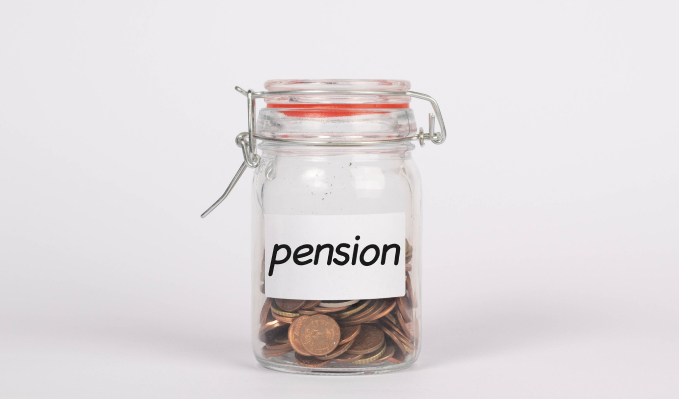Retirement Planning Advice

Pensions are a type of investment in which you can save for your retirement. Pensions are a great way of making the most of tax relief. If you are under 30, you can contribute up to 15% of your annual salary to a pension fund, and get tax relief on this. So, for example, if you have net relevant earnings* of €20,000 p.a., you can contribute up to €3,000 to a pension fund each year, while it would only cost you a net of €2,400.
As you get older, you can contribute a greater percentage of your salary while still getting full tax relief on these contributions*.
In order to achieve any significant return in investments, you must take a certain level of risk. With pensions, you can basically invest €2,400 a year as a standard rate tax payer, with a return of €600 without any risk. That is a 25% return, risk free, simply by making use of the tax benefits. This of course increases if you are a higher rate tax payer (40%) to a 66% return, risk free.
That is an immediate risk free return of €1,200 on a contribution of €1,800. Bearing in mind that the maximum deposit rates are currently 0.25% for twelve months, these are very attractive returns indeed.
In the case of corporate clients, you can gain tax relief of 12.5% on contributions to an employees pension. Pension contributions are a great way of reducing your tax bill annually.
Maximum net relevant earnings is €115,000 p.a.
**Income tax relief is calculated at your marginal tax bracket(in this example 20%).
***age under 30- 15%
age 30 – 39 – 20%
age 40 – 49 – 25%
age 50 – 54 – 30%
age 55 – 59 – 35%
age 60 + – 40%

